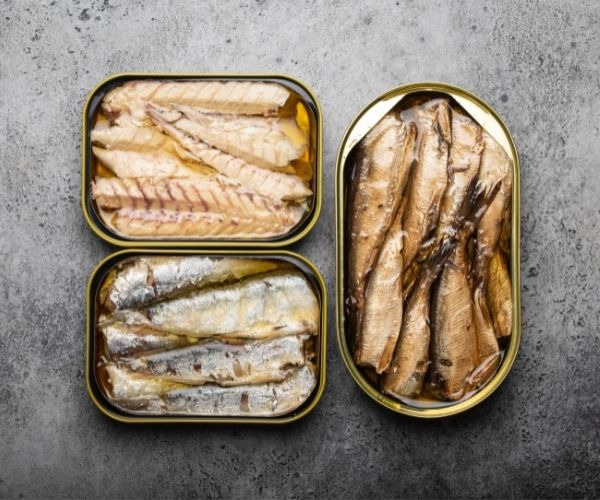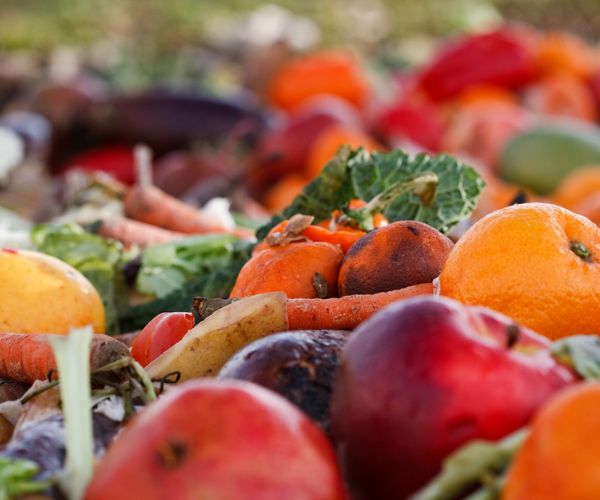Preservation of product quality and food safety
Thermophilic spore contaminants: improving their control in the production of canned shellfish: the SPOREFISH project starts
04
Feb

Published on : 04/02/2022
The SPOREFISH project (2022-2025), which brings together 4 partners (ADRIA, CTCPA, LUBEM, CITPPM) and 2 associated industrialists, aims to improve the control of thermophilic spore contaminants in the production of canned fish-crustaceans.
While the presence of spore-forming contaminants of the Clostridium botulinum is the basis of the appertization process, the emergence of new species called high temperature resistant (HRS) because they are resistant to sterilization treatments, are newly described, suggesting that these contaminants are selected by the processes applied in the food industry. Once in the finished product, the spores germinate, pass into vegetative form, multiply, synthesize metabolites altering the organoleptic qualities of the finished product. The presence of these contaminants represents a real obstacle to the innovation of elaborated products and impacts the competitiveness of companies.
Contrary to the stability tests at 37°C which guarantee the sanitary safety of the finished products, stability tests at 55°C guarantee the commercial quality of the finished product
- The cans qualified as unstable at 55°C do not present any sanitary risk but can present an acidification, a release of bad smells, or a change of texture of the finished product. Even if it is not liberating from the manufacturing batch at the regulatory level, this stability test at 55°C remains a reference for the canning industry and is taken into account as a global indicator of process hygiene.
- At present, there is no standard method to quantify these HRS contaminations in both ingredients and finished products.
The SPOREFISH project (2022-2025), which brings together 4 partners (ADRIA, CTCPA, LUBEM, CITPPM) and 2 associated industrialists, aims to improve the control of thermophilic spore contaminants in the production of canned fish-crustaceans. The major objectives of the SPOREFISH project are:
- Determination of the level of contamination in HRS spores and frequency of these instabilities
- Collection and characterization of field strains
- The acquisition of methodologies and knowledge on these flora in order to optimize the sanitation of equipment and the production of elaborated and innovative products
At the end of the project, the new knowledge acquired will allow dissemination throughout the industry.
- A first deliverable, a grid of criteria associated with an investigation method to identify contamination (ingredient/biofilm)
- A second deliverable, a guide of recommendations concerning the levers to apply for the management of the HRS risk in the production of canned fish products
- More broadly, this project will raise awareness of the entire sterilized product sector, allowing for the anticipation of HRS risks
- Finally, the project opens perspectives for the development of new rapid identification methods, contribution to the development of new standards, specifications...
Project information :
- Project: Optimization of the risk management of highly thermoresistant spores in the production process of canned fish products
- Financing: Valorial, Pays de la Loire (CTCPA), self-financing
- Duration: 3 years
- Project sponsor: Adria
- Partners: Altic, CTCPA, LUBEM, CITPPM
__
The CTCPA, Technical Center for the Conservation of Agricultural Products, uses its expertise to optimize the management of the risk of highly thermoresistant spores in the production process of canned fish products. The CTCPA has acquired an expertise in the control of microbiological risk of foods at each stage of their production: raw materials, manufacturing, processing, preservation. In our microbiology laboratory food and our molecular biology laboratoryWe offer various services to support you in the development of your products.






